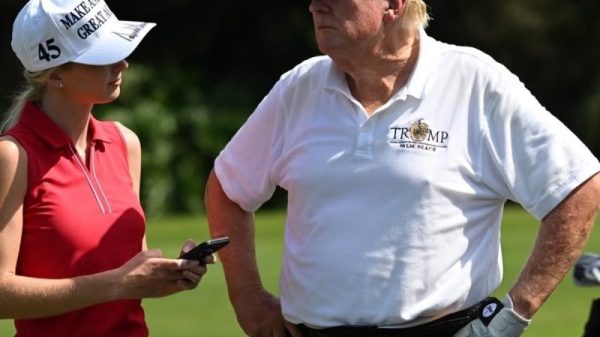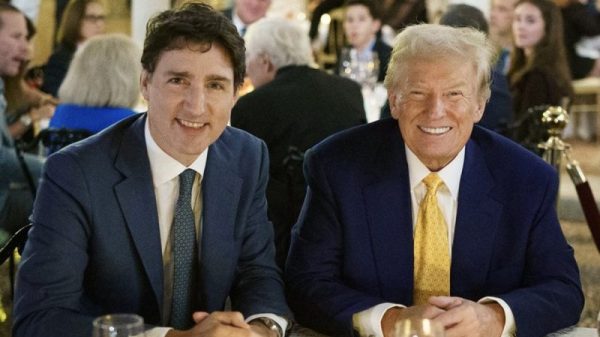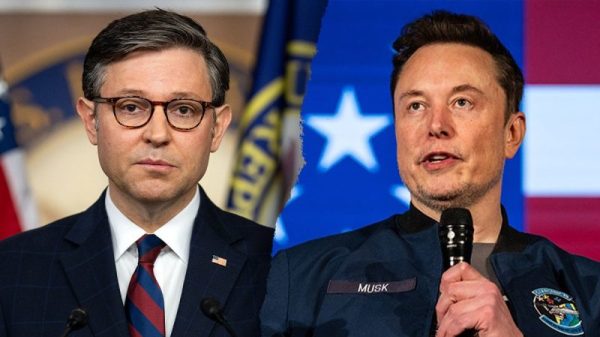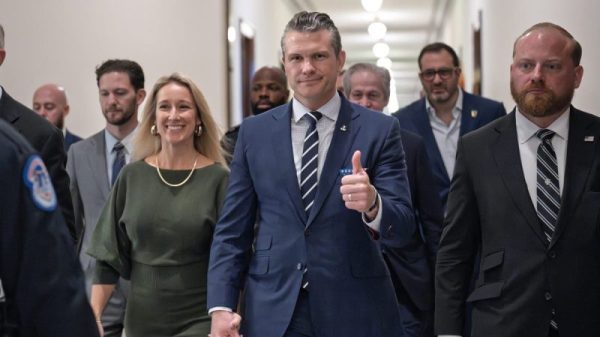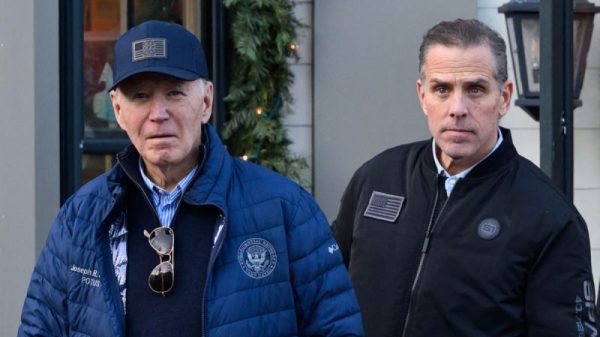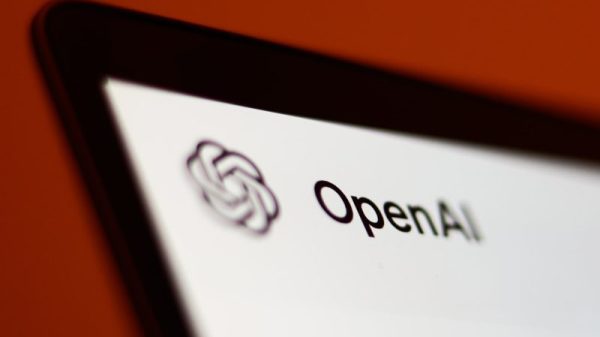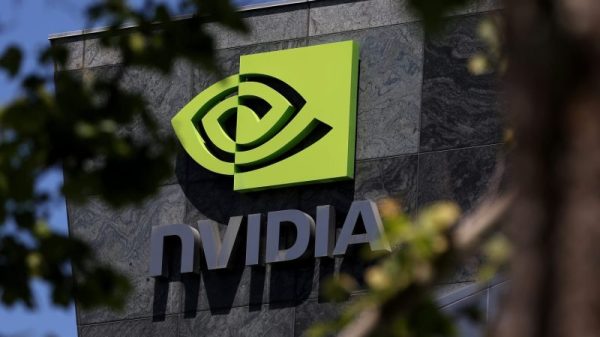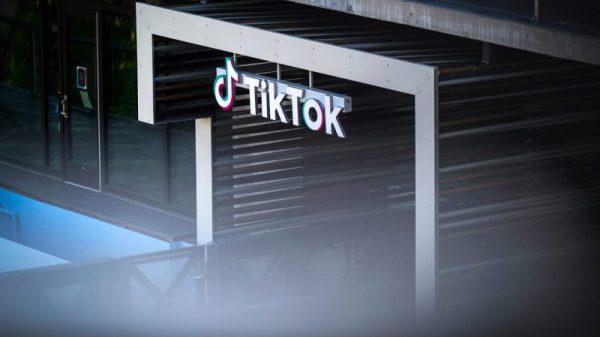Federal prosecutors improperly charged a Jan. 6 defendant with obstruction, a divided Supreme Court ruled on Friday, likely upending many cases against rioters who disrupted the certification of the 2020 presidential election.
After the Jan. 6, 2021 attack on the Capitol, federal prosecutors charged more than 350 participants in the pro-Trump mob with obstructing or impeding an official proceeding. The charge carries a 20-year maximum penalty and is part of a law enacted after the exposure of massive fraud and shredding of documents during the collapse of the energy giant Enron.
Writing for the majority, Chief Justice John G. Roberts Jr. said the government’s broad reading of the statute would give prosecutors too much discretion to seek a 20-year maximum sentence ‘for acts Congress saw fit to punish only with far shorter terms of imprisonment.”
To use the statute, he wrote, the government must establish that a defendant “impaired the availability or integrity” of records, documents or other objects used in an official proceeding.
In dissent, Justice Amy Coney Barrett — joined by Justices Sonia Sotomayor and Elena Kagan — said the court’s reading of the obstruction statute is too limited and requires the majority to do “textual backflips to find some way — any way — to narrow the reach” of the law.
Friday’s ruling has the potential to affect the convictions and sentences of a small set of rioters — around 27 — who are serving time in prison for only this felony. It also could impact about 110 more who are awaiting trial or sentencing, according to prosecutors. In addition, the ruling may affect former president Donald Trump’s stalled trial for allegedly trying to remain in power after his 2020 defeat; two of the four charges he faces are based on the obstruction statute, and he could move to have those charges dismissed.
But nearly 80 percent of the 1,400 people charged in the attack on the Capitol were not charged with obstructing the proceeding. Most were charged with trespassing federal property and assaulting or resisting a law enforcement officer. Prosecutors reserved the obstruction charge for defendants accused of knowingly and intentionally attempting to stop Congress from certifying the election and formalizing the transfer of presidential power.
The challenge to the obstruction charge was brought by Joseph W. Fischer, an off-duty Pennsylvania police officer who attended the “Stop the Steal” rally on Jan. 6 and faces other charges in addition to obstruction, including assaulting a federal officer in the police line outside the Capitol.
Defense lawyers said prosecutors overreached by charging rioters with a crime that is limited to conduct that destroys or tampers with evidence sought by investigators. The government’s broad application of the statute, the lawyers said, would allow prosecutors to target protesters or lobbyists who disrupt congressional committees.
The Justice Department argued that the violent disruption of the peaceful transfer of power after a presidential election, including attacks on police officers, is no minor interference. Government lawyers pushed back against the idea that using the statute this way would violate the First Amendment, saying there are no examples of prosecutors using the two-decade-old obstruction charge against legitimate protesters exercising their right to free speech.
At issue for the court in Fischer v. U.S. was how to interpret the text of a statute Congress amended in 2002 as part of the Sarbanes-Oxley Act, which followed the Enron scandal, and particularly the meaning of the word “otherwise.”
The law includes a penalty of up to 20 years in prison for anyone who “corruptly — (1) alters, destroys, mutilates, or conceals a record, document, or other object, or attempts to do so, with the intent to impair the object’s integrity or availability for use in an official proceeding; or (2) otherwise obstructs, influences, or impedes any official proceeding, or attempts to do so.”
All but one of the 15 judges to rule on the question in a Jan. 6-related case at the D.C. federal courthouse have sided with prosecutors’ view that the second clause of the law should be read as a “catchall.” Those judges said the rioters who sought to keep Congress from certifying Biden’s victory were “otherwise” obstructing that proceeding, even though they were not destroying or concealing documents.
The outlier was U.S. District Judge Carl J. Nichols, a Trump nominee, who sided with Fischer and said the word “otherwise” refers only to other efforts to tamper with or destroy records or documents.
A divided U.S. Court of Appeals for the D.C. Circuit reversed the decision by Nichols, and it is that appeals court opinion that the Supreme Court was reviewing.
Judge Florence Pan — a Biden nominee — said Nichols’s decision was too narrow and at odds with the text of the statute. “We cannot assume, and think it unlikely, that Congress used expansive language to address such narrow concerns,” she wrote, joined in part by Judge Justin Walker, who was nominated by Trump.
Judge Gregory Katsas — also nominated by Trump — dissented, writing that a broad reading of the obstruction statute, such as the one used by prosecutors against Jan. 6 rioters, would put law-abiding activities like lobbying and protest at risk.
This is a developing story. It will be updated.
Spencer S. Hsu contributed to this report.

